KSA’s Abraham Accords stance shows normalized Zionist occupation despite two-state condition
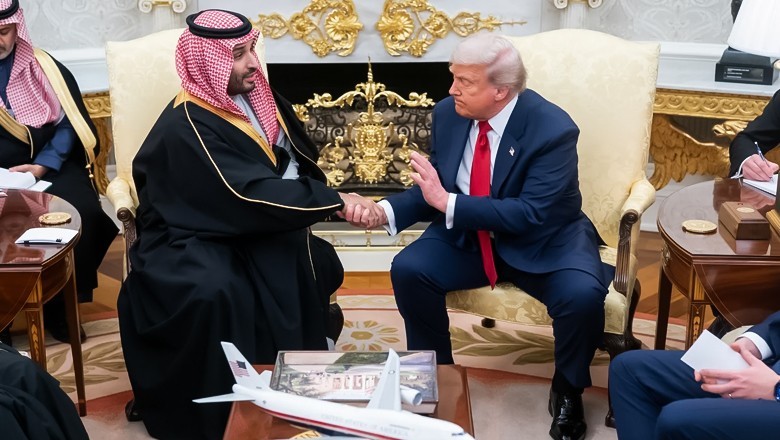
Web Desk
|
20 Nov 2025
Saudi Crown Prince Mohammed bin Salman openly stated that Saudi Arabia would join the Abraham Accords once a two-state solution is implemented. He made the remarks while sitting with US President Donald Trump at the Oval Office.
His statement reflects how drastically Middle Eastern politics have shifted, with Arab states increasingly prioritising their own strategic interests rather than taking a principled stand for their Muslim brothers.
In 1979, all Arab countries boycotted Egypt when it signed a peace treaty with Israel and established diplomatic relations.
MBS emphasised his support for a two-state solution under which Israel would control nearly 70% of historic Palestine, a position critics argue legitimises long-standing occupation.
Normalization agreements do not only include diplomatic ties; they involve cooperation in sectors such as the economy, technology, trade, tourism, energy, agriculture, communication, education, and even defence.
Critics warn that recognising an occupying power that continues colonial-era practices will only bring further instability, especially considering Israel’s documented crimes and discrimination against Palestinians.
Many scholars argue Muslim countries should assess such treaties through Islamic principles: a truce with a hostile entity is permissible only when necessary, but Israel continues to deny Palestinian existence and rejects the two-state solution.
The UAE–Israel deal signed in 2020 makes no mention of Palestinian statehood.
Critics therefore question how the Abraham Accords could protect Palestinian rights or serve the interests of the Muslim ummah.
Prime Minister Benjamin Netanyahu has repeatedly violated past agreements, undermined negotiations, failed to honour commitments, and conttinues its military assault even during ceasefires.
From an Islamic perspective, critics claim that recognising Israel without Palestinian statehood amounts to empowering an oppressive authority over Muslims while abandoning Palestinians to occupation and subjugation.
Egypt’s 1979 treaty, the first by any Arab country, was unanimously rejected by the Arab world. Egypt was boycotted by its neighbours and suspended from the Arab League from 1979 to 1981.
The UAE and Bahrain, two countries close to Saudi Arabia, have already recognised Israel and established full relations. The Abraham Accords were signed in 2020 during Trump’s first term, making the UAE and Bahrain the first Arab states in a quarter century to normalise ties. Morocco and Sudan later joined.
While Saudi Arabia has so far maintained caution and insists on Palestinian statehood first, global geopolitical shifts may pressure future changes, even as Israel continues to face accusations of grave human rights violations in Gaza.


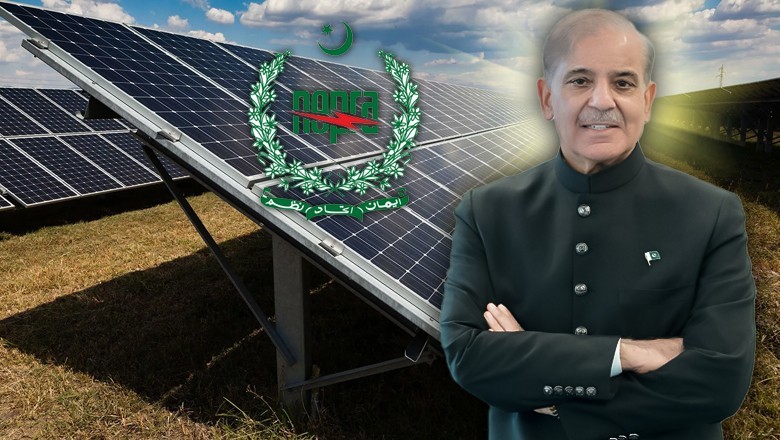

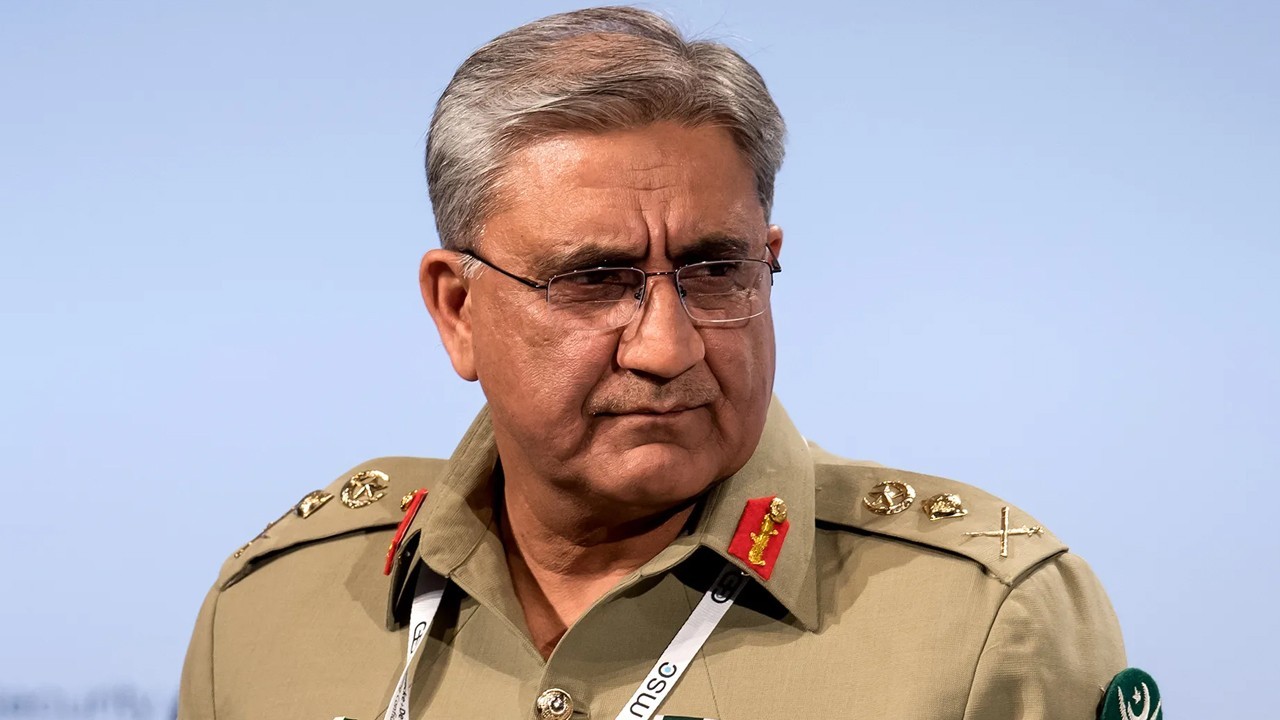
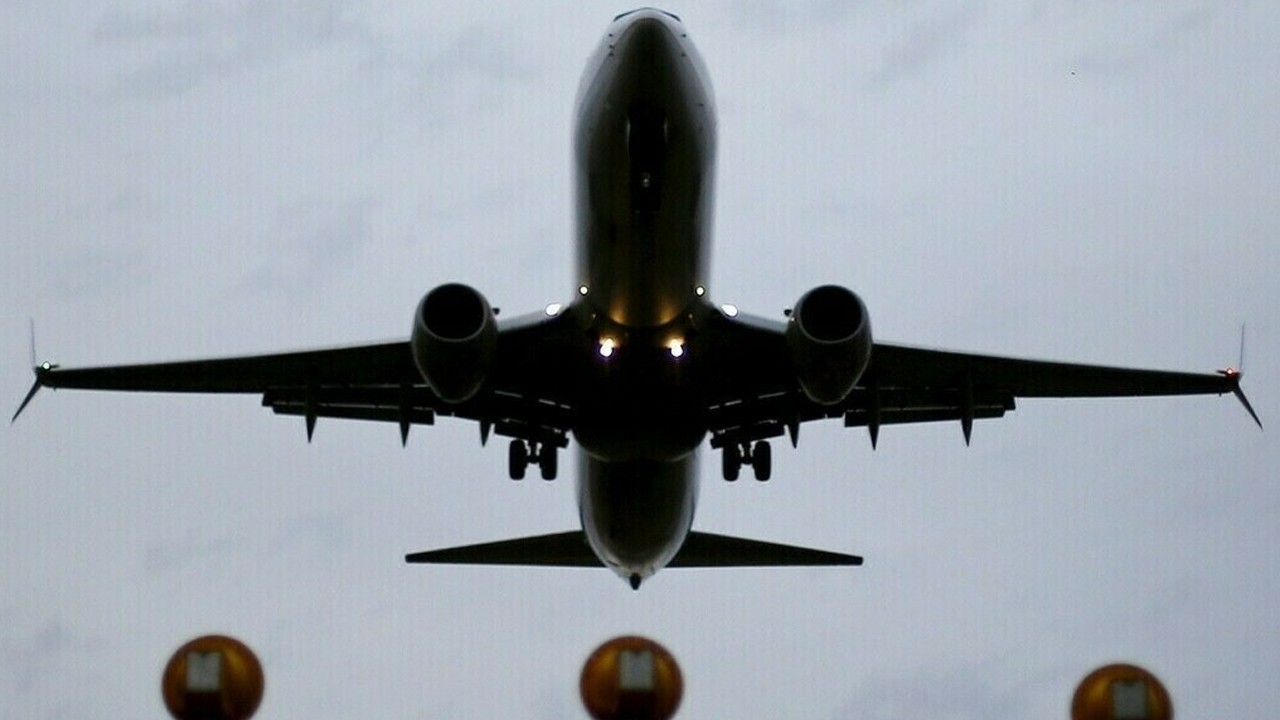
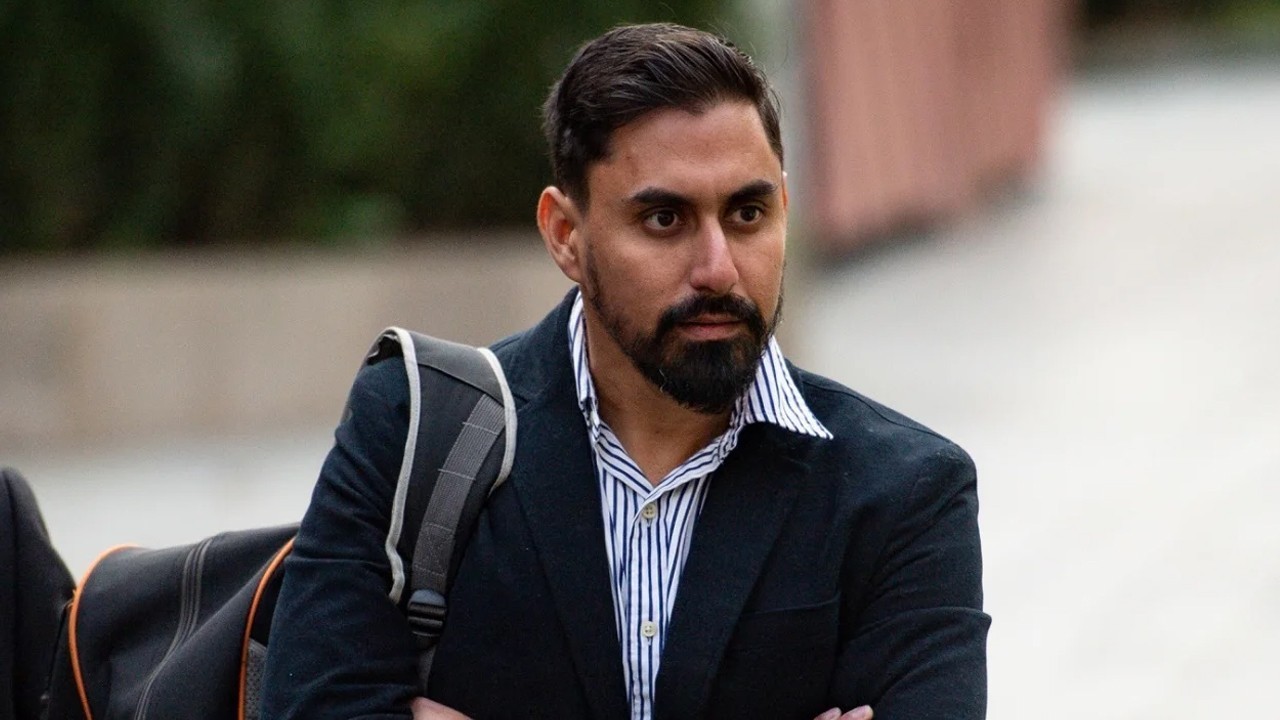
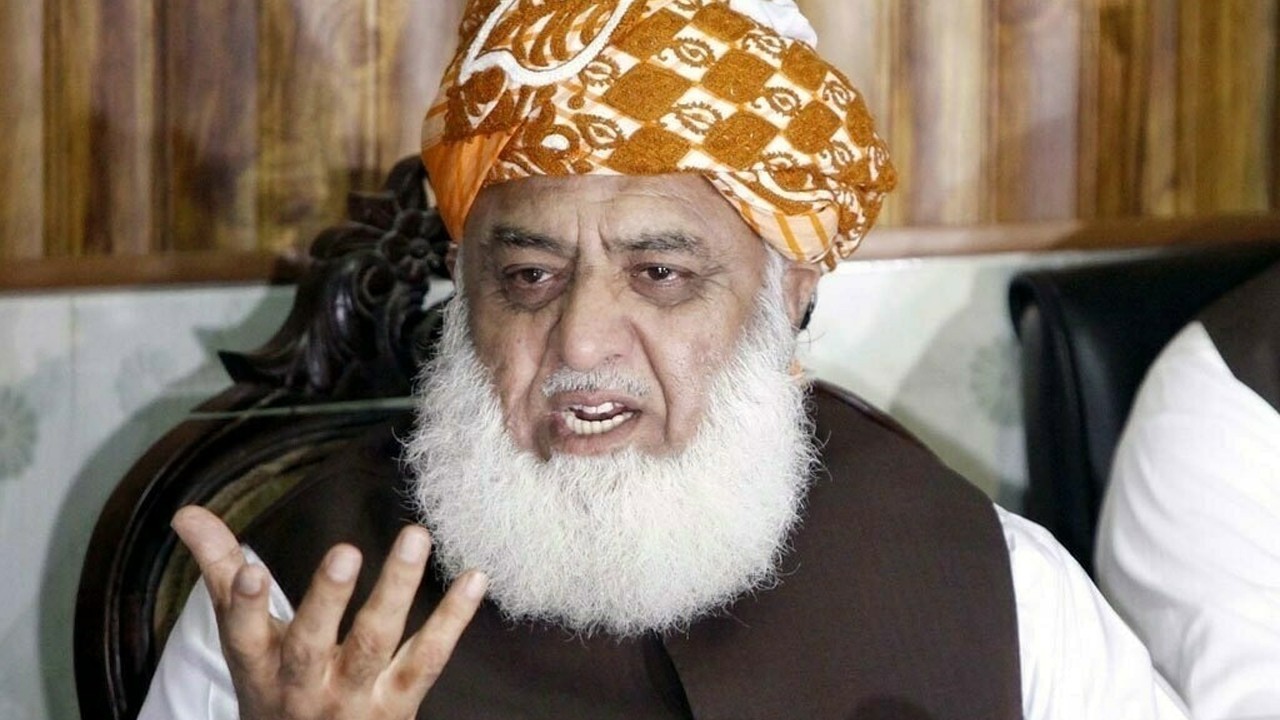

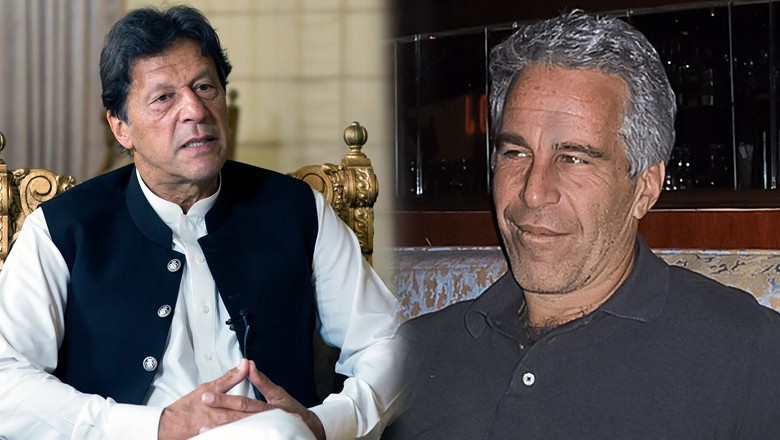

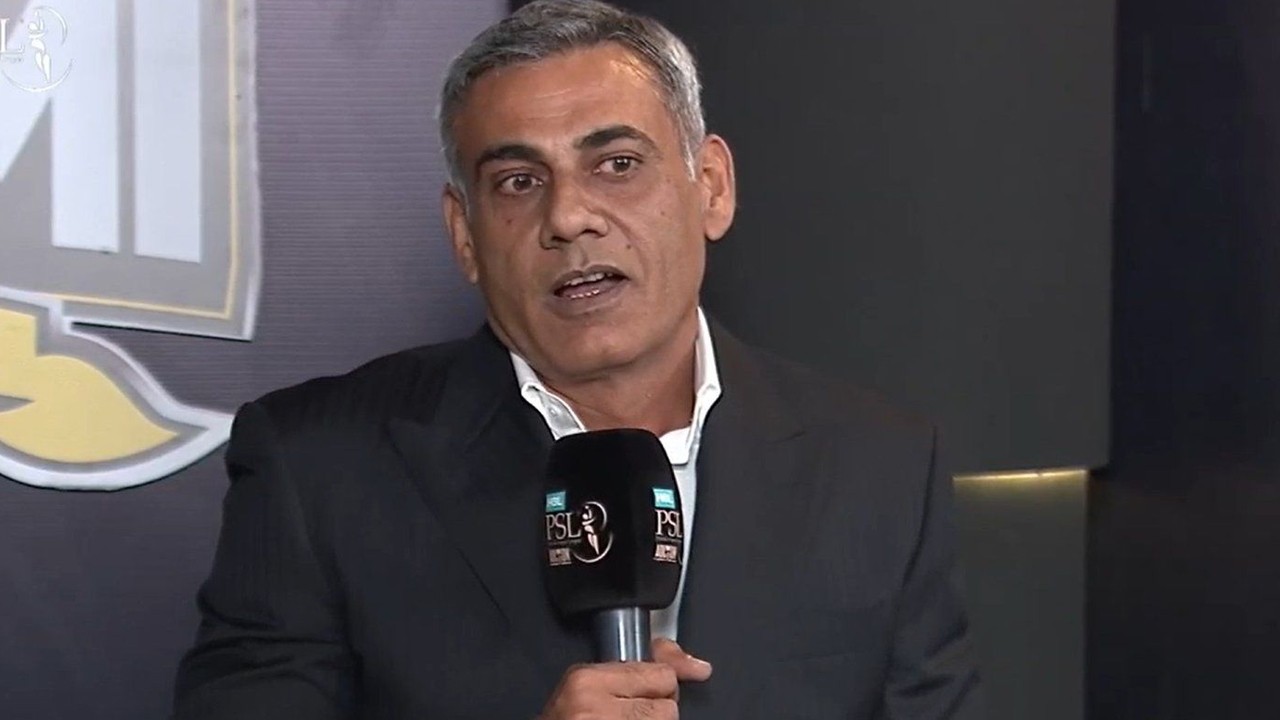
Comments
0 comment